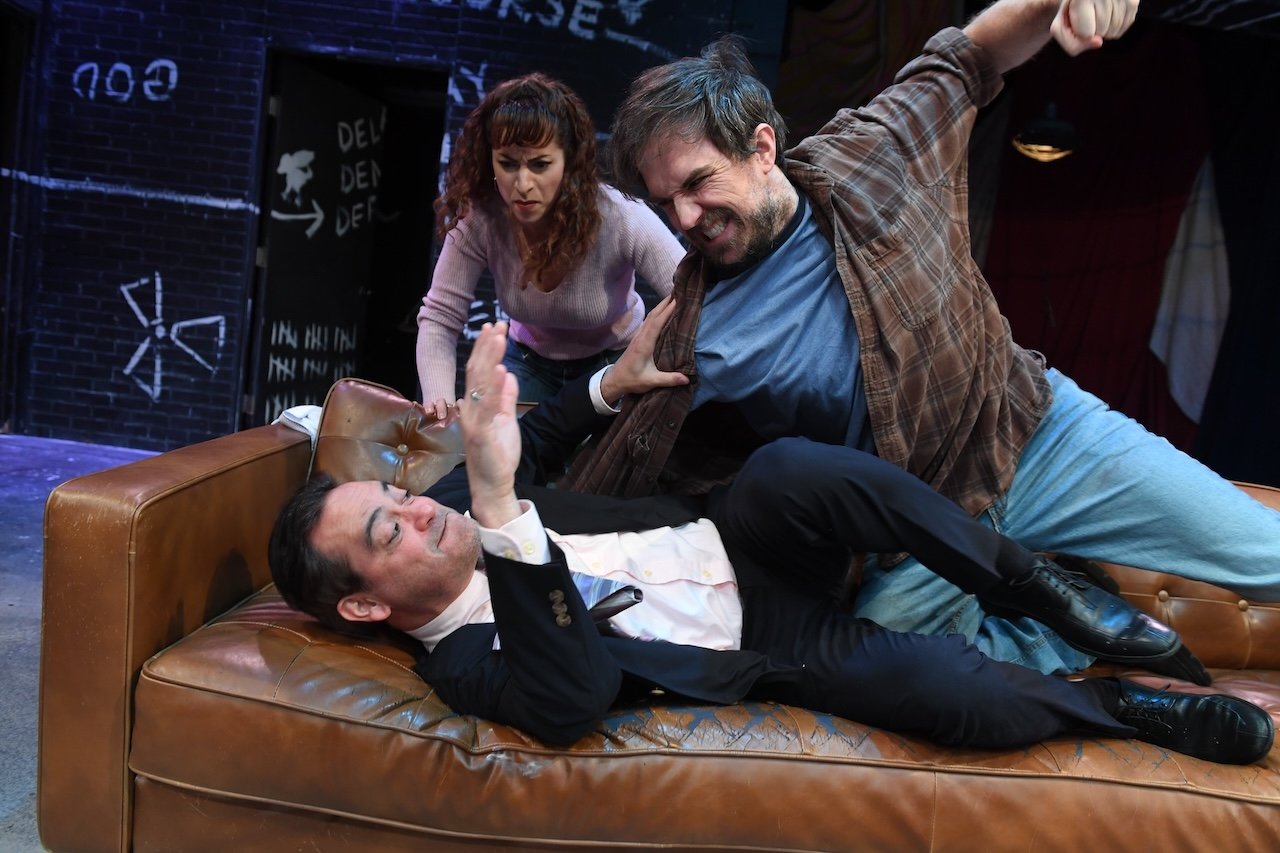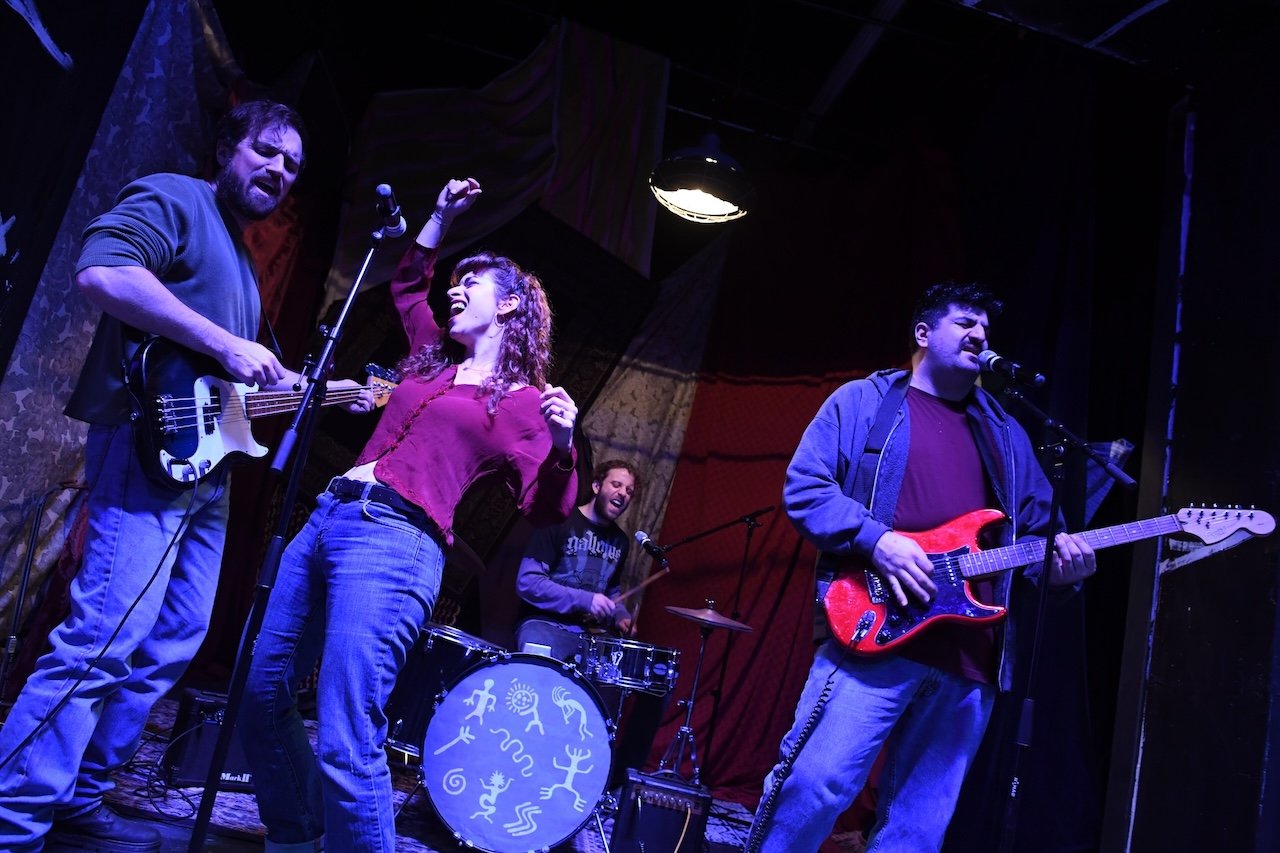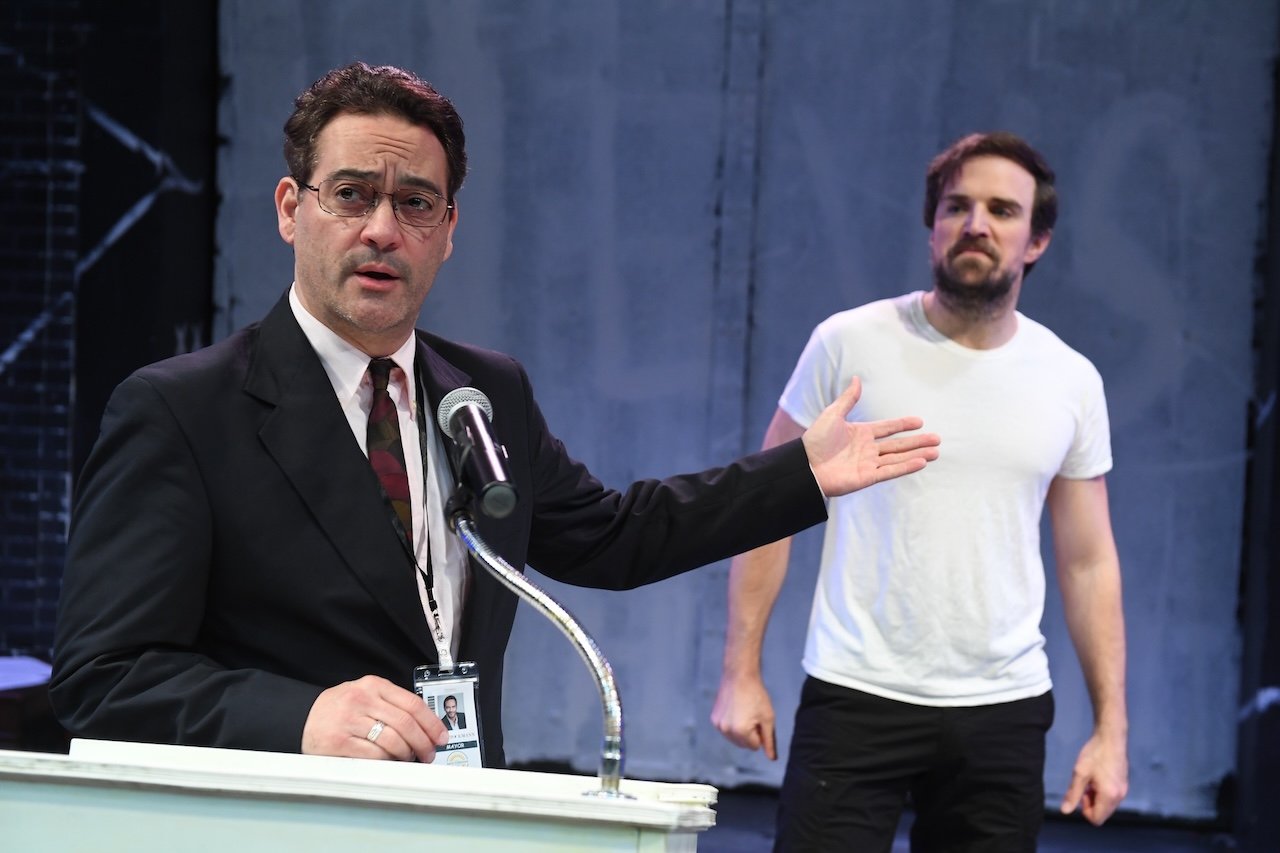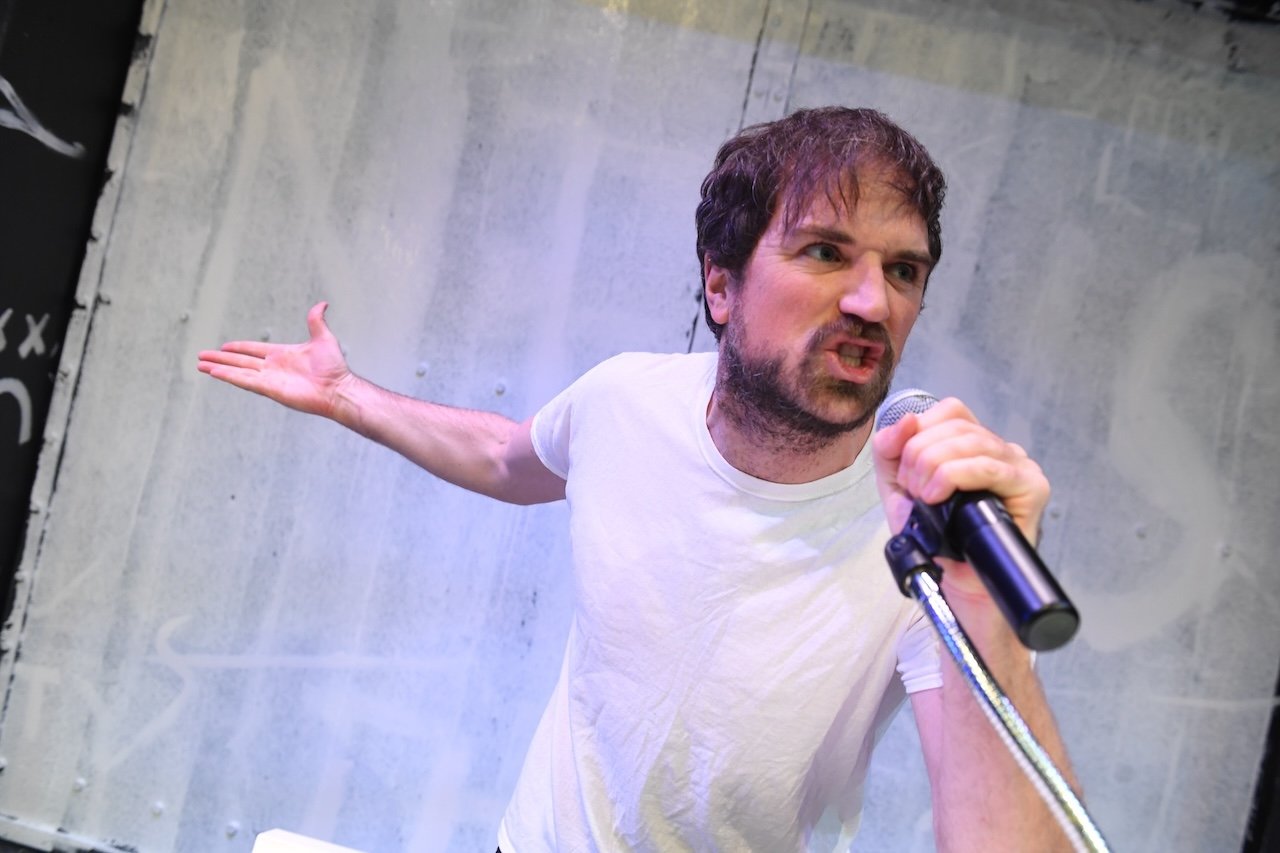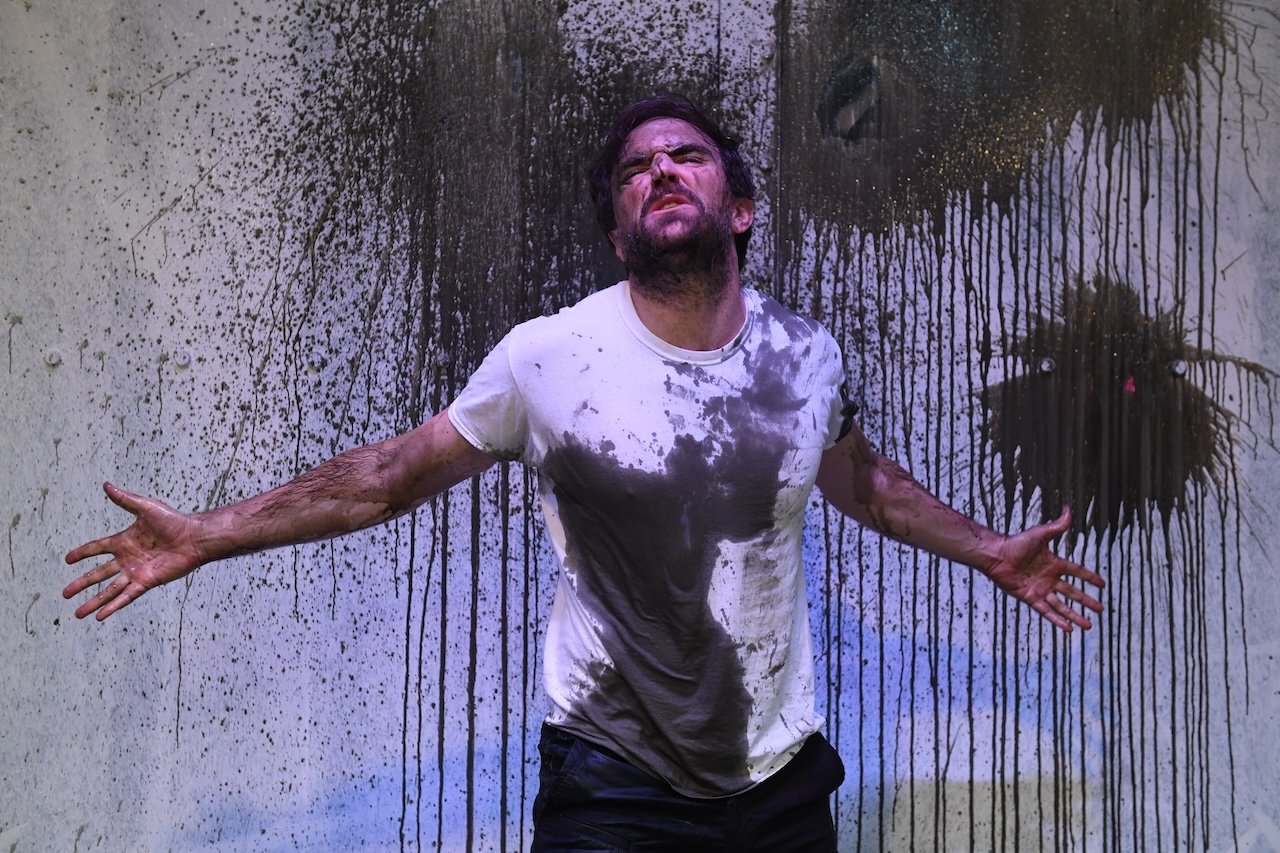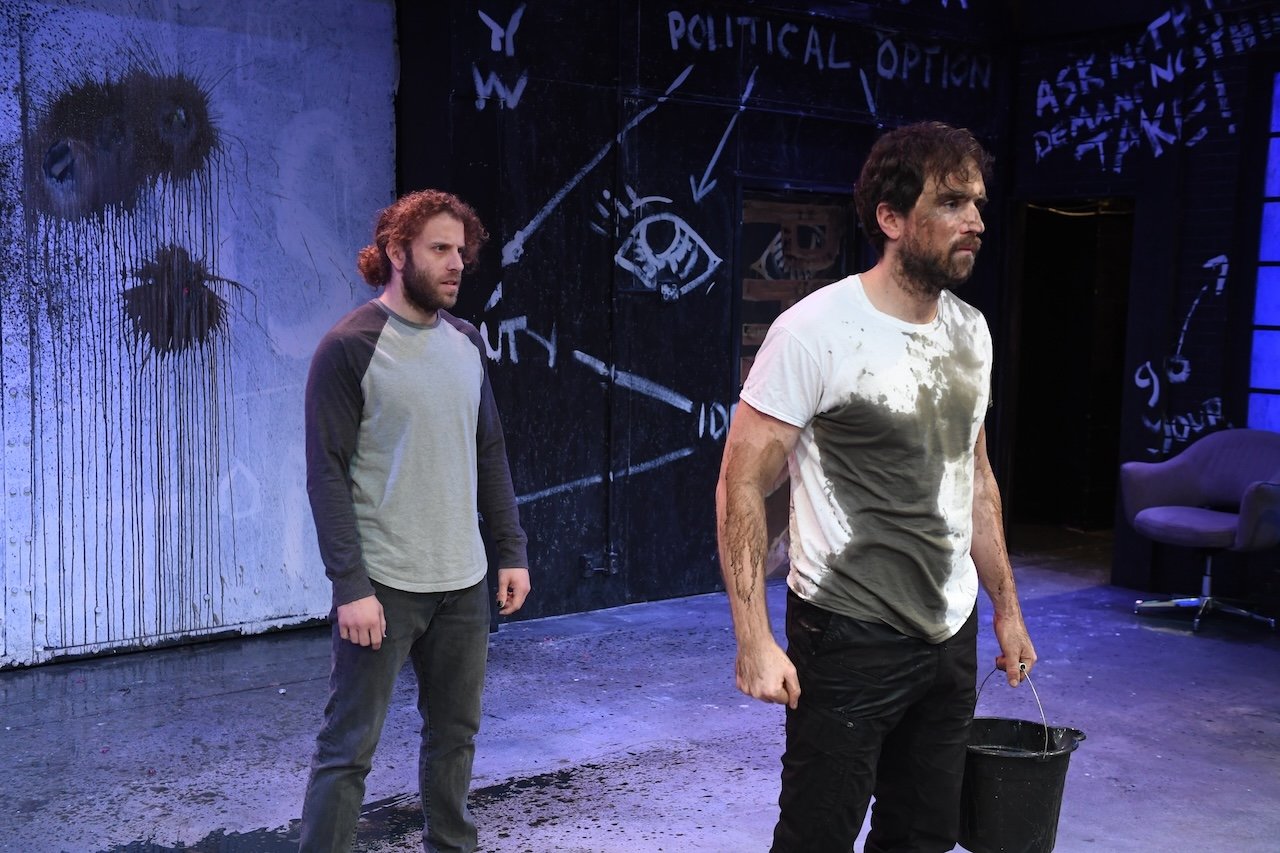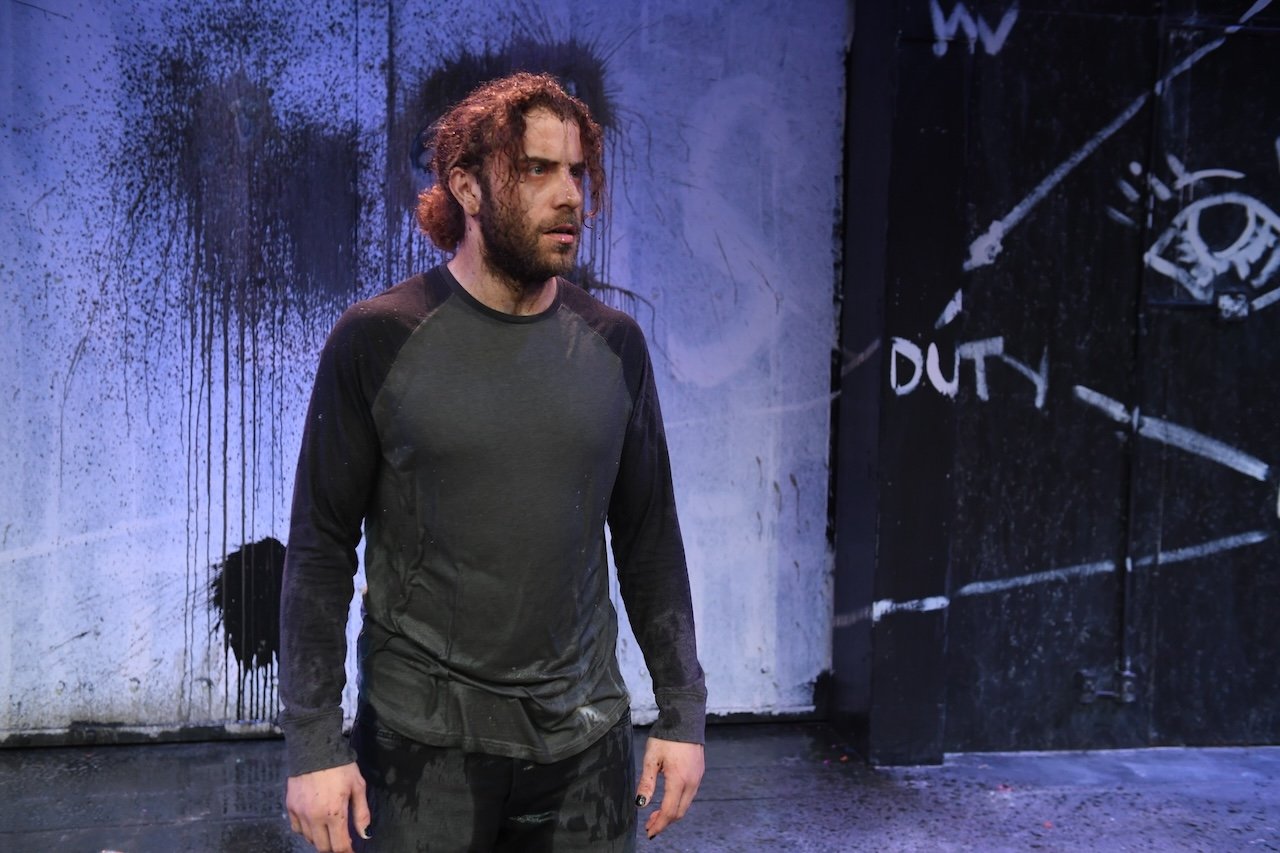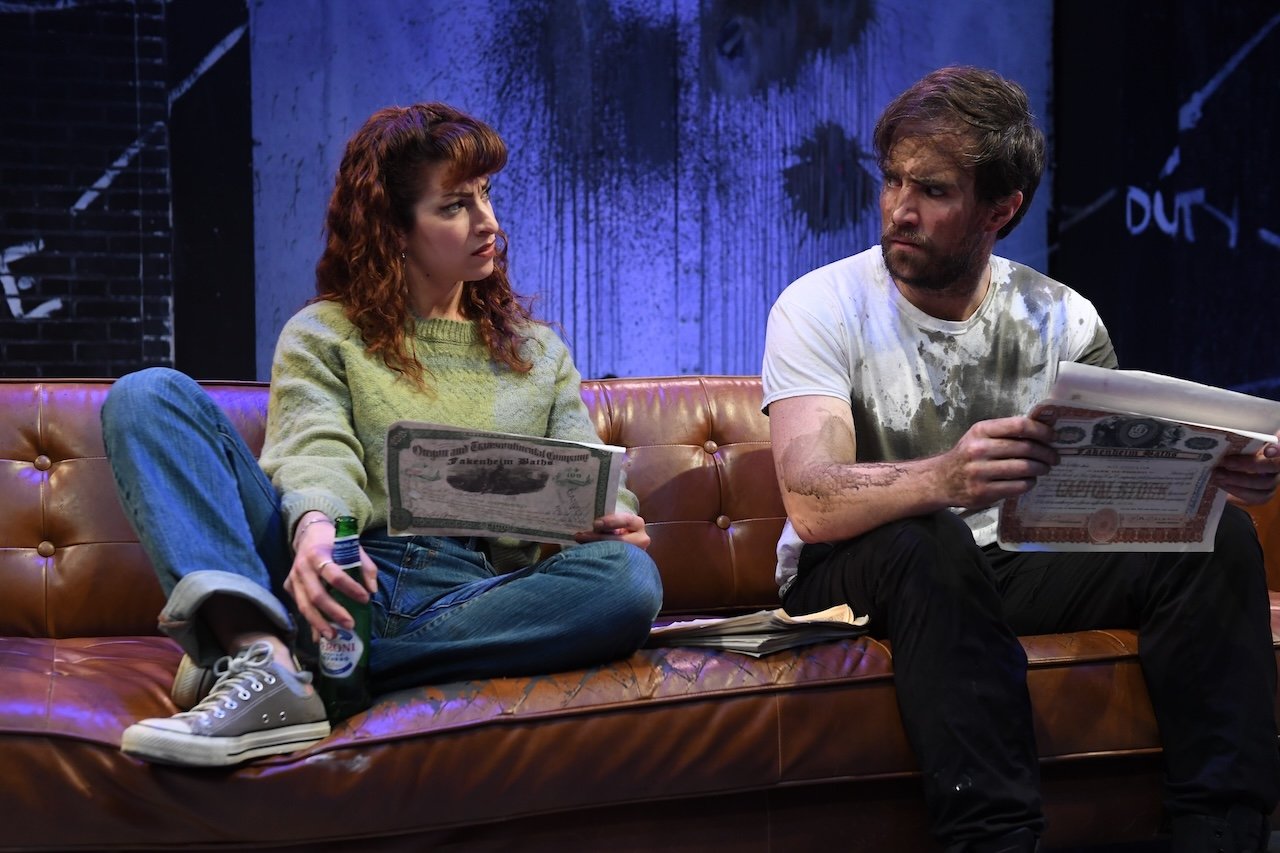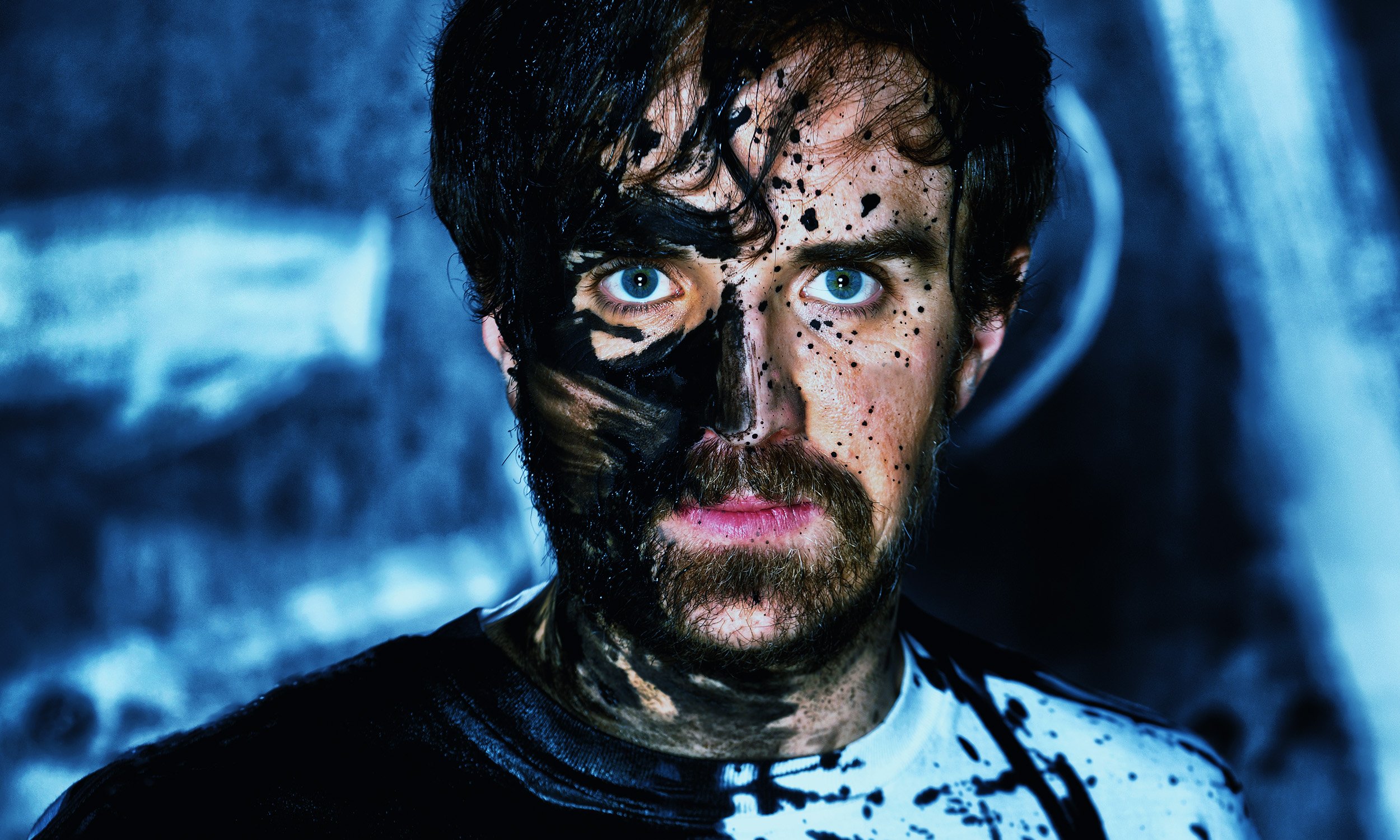
HENRIK IBSEN’S
AN ENEMY
OF THE PEOPLE
ADAPTATION BY THOMAS OSTERMEIER & FLORIAN BORCHMEYER
DIRECTED BY KENNETH KELLEHER
FEB 5 – MAR 2, 2025

about the show
Dr. Thomas Stockmann discovers that the water in his town’s therapeutic spa is contaminated. The polluted spa has created prosperity for the town but is also making people sick. The play examines how a scientific expert becomes “an enemy of the people” when he threatens to expose an ecological human disaster. Will he be silenced by those who seek to protect their personal financial gains? Thomas Ostermeier’s scorching adaptation successfully pulls Ibsen’s play out of a small Norwegian town in 1882 and into a modern day global theatrical debate about corruption, climate emergency, and inequality.
Run time: 1 hour and 45 minutes with one intermission.
ACCESS OUR DIGITAL PROGRAM
PRODUCTION PHOTOS
★★★★
“Illuminating...has rarely felt as true-to-life as it does in San Jose Stage Company’s trenchant production”
— SF CHRONICLE
“One of the most consequential and daring pieces of theater produced in recent years”
— THE MERCURY NEWS
“SPELLBINDING...looks, feels, and sounds like it is taking place right here, right now.”
— TALKIN’ BROADWAY
San Francisco bay area critics circle Recommended PRODUCTION
“Stunning, must-see two hours of live theatre.”
— THEATRE EDDYS
★★★★
“A thrillingly modern political battleground... unlike any play I've experienced.”
— BROADWAY WITH AJ AND SARAH
CAST & CREATIVES
-

Coleton Schmitto
Dr. Thomas Stockmann
-

Christine Capsuto-Shulman*
Katharina Stockmann
-

Johnny Moreno*
Mayor Peter Stockmann
-

Randall King*
Morten Kiil
-

Brandon Leland*
Hovstad
-

Katie O’Bryon-Champlin
Nina Aslaksen
-

Nick Mandracchia
Billing
CHRISTOPHER FITZER
Scenic Design
WILL SPRINGHORN JR.
Fight Choreographer & Intimacy Coordinator
Bill Vujevich
Scenic Painter
AARON GIN
Master Electrician
Tatsuko Otogawa
Electrician
Kiren Balakrishnan
Production Assistant
STEPH PUENTES
Production Assistant
Director
KENNETH KELLEHER*
Costume Design
LAUREN SUITER
Lighting Design
MAURICE VERCOUTERE
Sound Design
STEVE SCHOENBECK
Props Design
SHAUN CAROLL
Stage Manager
ILIANA KARBOWSKI*
About the Playwright
-
(ADAPTATION) After studying direction in Berlin in the 1980s, Thomas Ostermeier's name first appeared on the map when he was appointed artistic director of the Barracke at the Deutsches Theater, where he worked from 1996 to 1999. There, he directed plays by modern German and English-speaking playwrights, to great acclaim. In September 1999, aged 31, he became co-artistic director of the Schaubühne, where he continued his work as a discoverer of new texts. Marius von Mayenburg, Lars Norén, Sarah Kane, Jon Fosse, and Caryl Churchill joined Georg Büchner, Bertolt Brecht, Henrik Ibsen, Frank Wedekind, and William Shakespeare in the repertory of the theatre. Classic or modern, those texts are always reinterpreted and integrated to the reality of post-reunification Germany and of an officially-united Europe. Yet those plays, like the German and European states, remain splintered, echoing the reality of a world in which conflicts are multiplying and barbarism hasn't disappeared. Thomas Ostermeier's engaged, living, critical, and generous theatre is just as concerned with the role of the individual within society as with great timeless questions.
-
(ADAPTATION) was born in 1974 in Wasserburg am Inn. He studied literature in Berlin, Havana and Paris and received his doctorate in philosophy in 2006 with a dissertation on the chronicles of the discovery of America. He works as a filmmaker and literary critic.
From 2011 he was a dramaturg and from 2013-2019 he was the lead dramaturg at the Schaubühne Berlin where he was involved in around 30 theater productions. In 2006, Florian Borchmeyer received the Bavarian Film Prize for his documentary Havana - The New Art of Building Ruins. His book The Order of the Unknown was published in 2009. About the invention of the New World published by Matthes & Seitz. In 2019, Florian Borchmeyer worked for the Salzburg Festival for the first time. At FILMFEST MUNICH he is responsible for the international program with a focus on Latin America, Spain and Portugal.
-
(March 20, 1828 – May 23, 1906) was a Norwegian playwright and theatre director. As one of the founders of modernism in theatre, Ibsen is often referred to as "the father of realism" and the most influential playwright of the 19th century, as well of one of the most influential playwrights in Western literature more generally. His major works include Brand, Peer Gynt, Emperor and Galilean, A Doll's House, Ghosts, An Enemy of the People, The Wild Duck, Rosmersholm, Hedda Gabler, The Master Builder, and When We Dead Awaken. Ibsen is the most frequently performed dramatist in the world after Shakespeare, and A Doll's House was the world's most performed play in 2006.
Ibsen was born into the merchant elite of the port town of Skien, and had strong family ties to the families who had held power and wealth in Telemark since the mid-1500s. He was raised as a member of the tightly intertwined Ibsen–Paus family and described his own background as patrician.
Ibsen established himself as a theater director in Norway during the 1850s and gained international recognition as a playwright with the plays Brand and Peer Gynt in the 1860s. From 1864, he lived for 27 years in Italy and Germany, primarily in Rome, Dresden, and Munich, making only brief visits to Norway, before moving to Christiania in 1891. Most of Ibsen's plays are set in Norway, often in bourgeois environments and places reminiscent of Skien, and he frequently drew inspiration from family members. Ibsen's early poetic and cinematic play Peer Gynt has strong surreal elements. After Peer Gynt, Ibsen abandoned verse and wrote in realistic prose. Several of his later dramas were considered scandalous to many of his era, when European theatre was expected to model strict morals of family life and propriety. Ibsen's later work examined the realities that lay behind the façades, revealing much that was disquieting to a number of his contemporaries. He had a critical eye and conducted a free inquiry into the conditions of life and issues of morality.
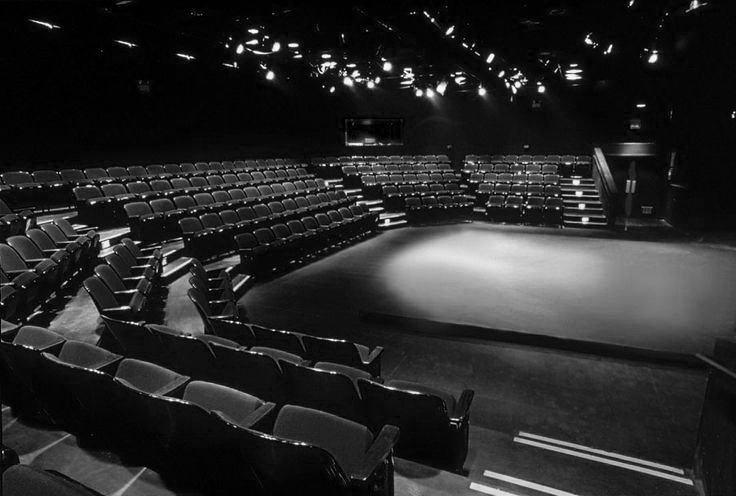
-
TICKETS NOW ON SALE
-
THE STAGE is growing our amazing volunteer team to help with ushering and concessions for upcoming shows. If you’d like to join us, fill out our volunteer sign-up form—your support helps us continue to thrive as an award-winning Bay Area theater!
If you have any questions or comments, please contact us at boxoffice@thestage.org.
-
Press Contact: Jonathan White; PR Consultant
jonathanwhitepr@gmail.com
-
THE STAGE accepts general headshot/resume/video submissions at any time via the following form:









